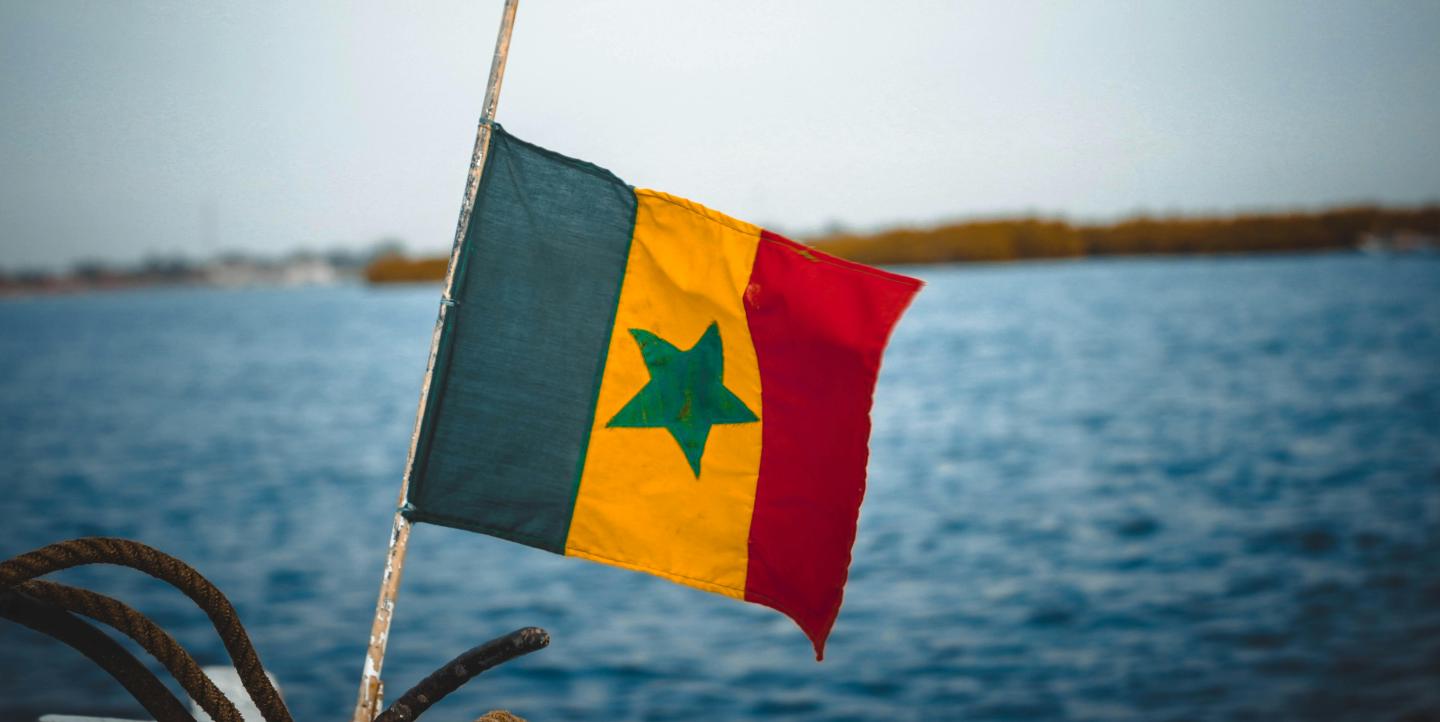Senegal’s media landscape is composed of at least 45 daily newspapers, more than 20 general-interest and community radio stations, and approximately 20 TV channels. It is home to accomplished journalists.
This independent media in the country, unfortunately, has come under attack in recent years.
“The freedom of the press has already deteriorated so much because we have seen how many times journalists from different media in Senegal have been arrested for unjust causes, and [how] media houses can be shut down for showing [certain] images,” said journalist Azil Momar Lô.
Press freedom organizations are hoping that new President Bassirou Diomaye Faye, elected earlier this year, will help reduce these attacks as he promised he would during his campaign.
Attacks against the press
In late February, an unknown assailant attacked 7TV journalist Maimouna Ndour Faye near her home, stabbing her multiple times. Earlier in the month, Senegalese police harassed, attacked, and detained at least 25 journalists who were covering protests over the country’s delayed election. The government also shut down the internet at this time, further impeding journalists’ reporting efforts.
Going back to 2021, authorities suspended the licenses of two TV channels, SenTV and Walf TV, over their coverage of protests, the latter several more times in the years since.
“Journalists feel that there is a sword above their heads and are afraid it is going to come down at any time if they go against the so-called laws set by the authorities,” said Momar Lô. “Some of the journalists brutally beaten by policemen never had any victory when the case was taken to court. They never had justice from our system.”
The government targets journalists and newsrooms unaligned with their aims, accusing them of working for the opposition, Momar Lô continued. Never does a journalist working at a government-aligned media outlet get arrested.
“When these journalists say things that the government doesn't like, they will just come up one day saying that you have offended the president or some of the lawyers in the country, and then [you’ll get] arrested,” he said.
What the government should do
The Committee to Protect Journalists’ 2023 prison census placed Senegal among the top five jailers of journalists in Africa.
The government should ensure that attacks against journalists are decriminalized, and urgently adopt the Journalists' Agreement agreed upon by media companies and the Union of Information and Communication Professionals of Senegal (SYNPICS), urged Soulé Dia, a journalist with Agence France-Presse (AFP).
“The agreement introduced in 2019 is the collective agreement that defines the working relationship between employers and employees of press companies, particularly about pay scales, social and health coverage, which is still struggling to be respected,” he said.
The government should also ensure the criminal code isn’t used to crack down on journalists for opinions they may share, said Muheeb Saeed, manager for freedom of expression at the Media Foundation for West Africa.
“Press offenses are amenable to the criminal code and so journalists whose media content appears not to help the authorities find themselves being prosecuted. Even within the press code, people are punished by prison terms and fines,” he said. “First, the new government has to decriminalize press offenses, and also ensure that the criminal code is not used to prosecute journalists for their editorial opinions.”
Muheeb, furthermore, noted that an independent media landscape in Senegal will better attract foreign investment and reassure investors that the local environment is stable: “A free and independent media landscape in Senegal can only ensure Senegal's democratic consolidation. A democratic Senegal would be a civil Senegal, which would be attractive to foreign investment and would also assure local investors of a stable and peaceful environment.”
How media organizations can operate amid these attacks
One way that media can operate under the current repressive conditions in Senegal is by collaborating and adapting.
Civil society organizations, particularly those that work with issues of press freedom, can also advocate with the new presidential administration, said Saeed. “Especially given that the president and the prime minister together with some of their leading supporters [previously] became the target of attacks for opinions they expressed in the media.”
Momar Lô suggested that media organizations continue to tactfully leverage the internet and social media to reach audiences with their reporting.
“Those are media where you can directly go and instantly report on what you were saying underground, even though you don't show images. You can instantly report by texting or audio sometimes about what's going on and people can follow regular updates that you are giving,” he said. “For example, if today was a demonstration day, tomorrow they can organize what they call ‘live edition’ on Instagram or social media like X, and organize a media space where they talk about what went on, what went wrong, how they uncovered it.”
Photo by Papa birame Faye via Pexels.


